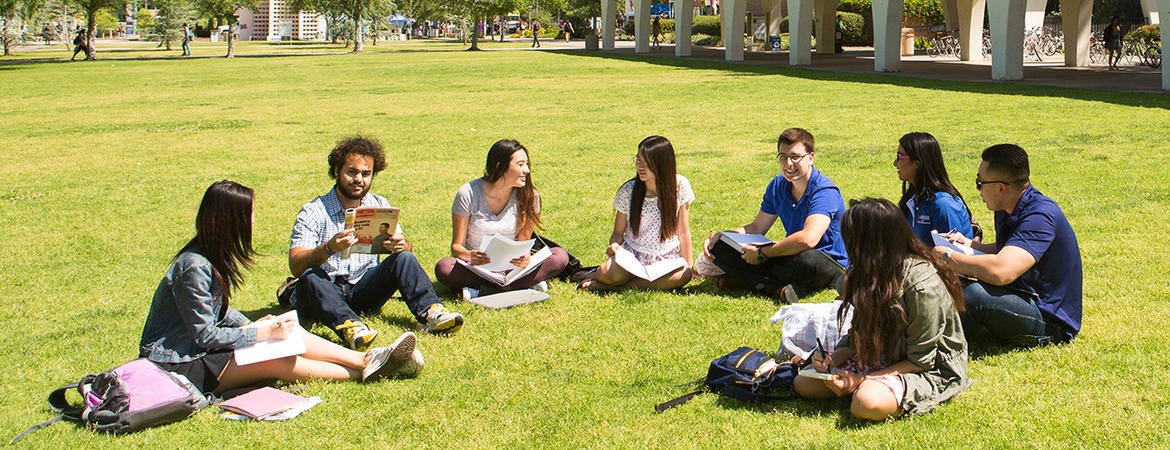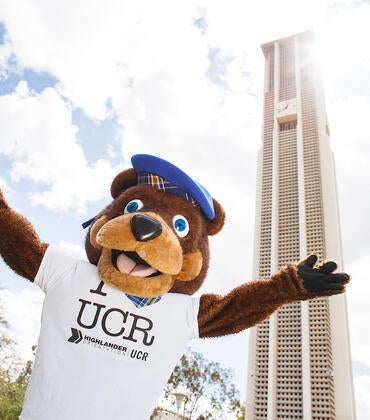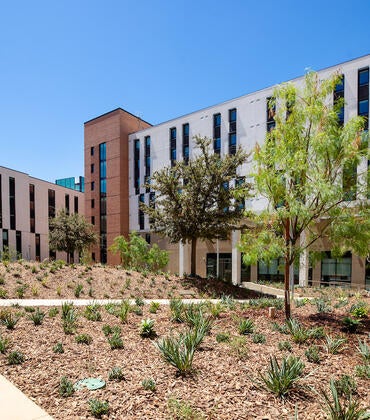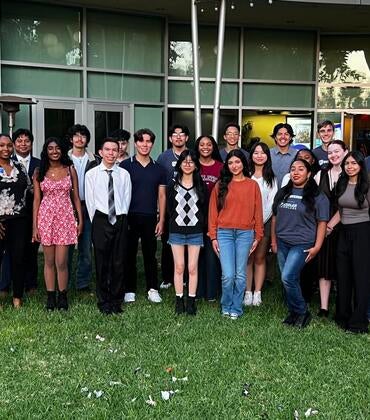
Edgar Ortega
Raised in a dangerous neighborhood, Edgar Ortega also overcame a debilitating injury suffered during a car crash before entering UCR’s medical school.
Last week, the 31-year-old walked with his graduating class from the School of Medicine, a feat which he probably wouldn’t have imagined in 2007 when he came to the U.S. from Mexicali, Mexico.
Growing up in the capital of Baja California was rough, Ortega said. Although he was lucky enough to avoid trouble, he and his friends would play soccer with drug addicts on the streets where they grew up.
“It was just a thing to do,” Ortega said.
But even at a young age, he liked school.
“I always knew I wanted to do something more than just a job … more meaningful,” he said.
Then came Ortega’s first year of college in Mexicali. He studied architecture until a car accident left him with a traumatic brachial plexus injury.
Two years of slow recovery put education on hold for Ortega, but offered some unexpected inspiration. After undergoing his first surgery at the University of Southern California in 2005, Ortega received permanent U.S. residency through his father, who was living in the Coachella Valley. He began attending community college, first focusing on architecture, but quickly switching to position himself for medical school.
“It just made sense after what I went through with the surgeries, hospitalizations, and medical care I received, which was excellent,” Ortega said. “The way I wanted to do my career and to help people was going to be medicine.”
Ortega soon transferred to UC San Diego to major in biology with minors in anthropology and archeology. He chose UCR’s School of Medicine for its community-focused care and mission of service, which he said meshed with his own.
“I’m staying in the Inland Empire to serve underprivileged communities, especially Latinos and other minority groups, which represent the communities I grew up in and live with now,” he said.
The first-generation student said he would advise classmates not to compare themselves to peers. With English as his second language, Ortega noted he experienced his fair share of challenges, especially with standardized testing.
“It’s not always (about) putting in more time studying, but studying smarter … learning how to study efficiently is what works you,” he said.
Ortega will begin a residency program in psychiatry at UCR, his top-choice destination. He hopes to perform research that strives to better understand and treat mental illness, which could help address a host of other medical issues.




